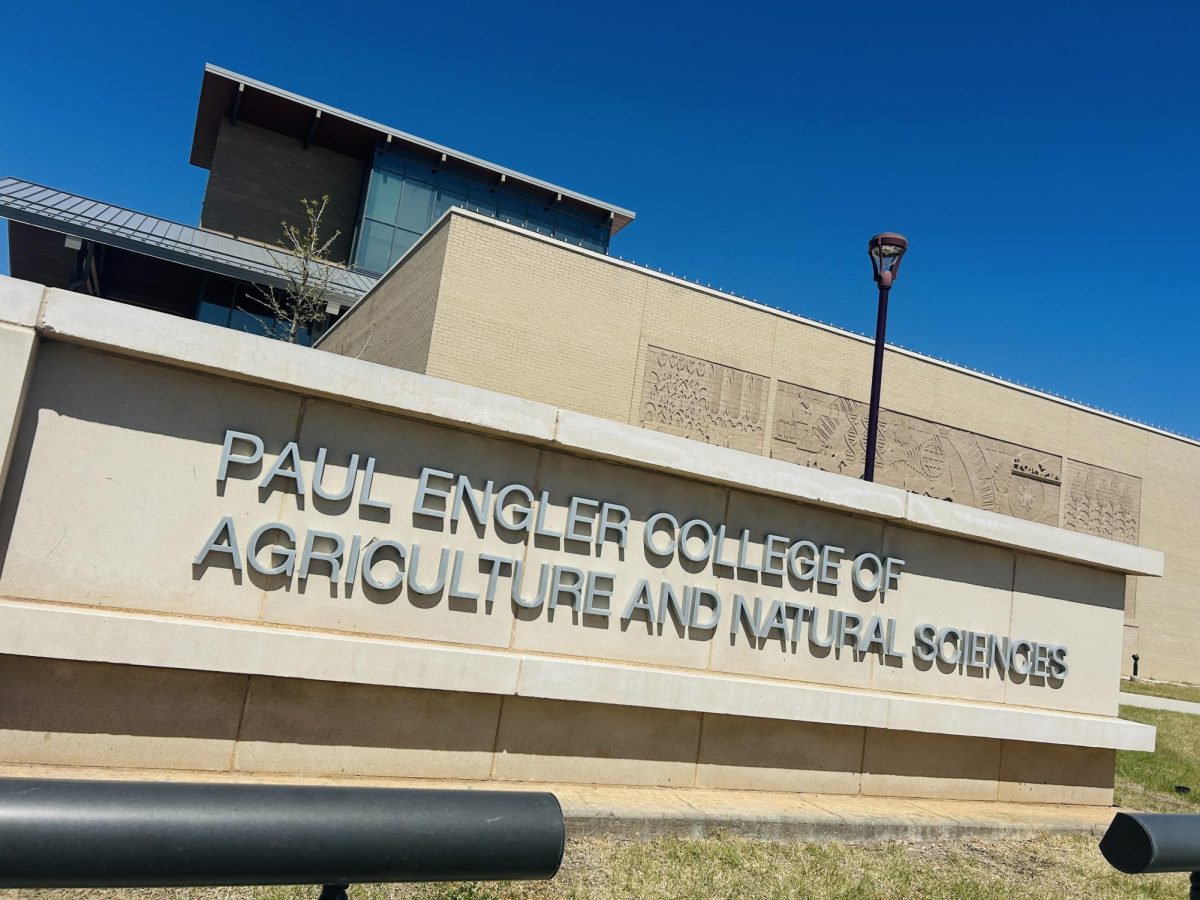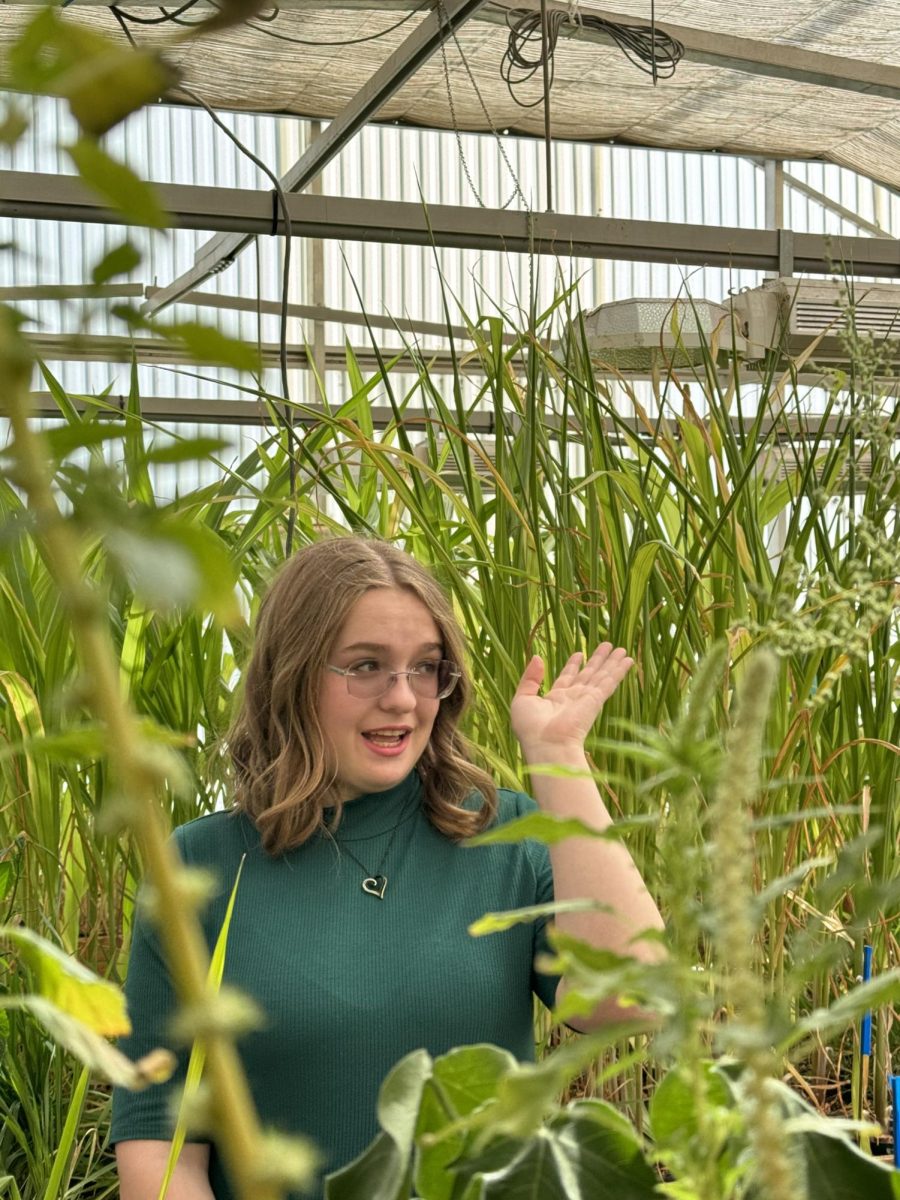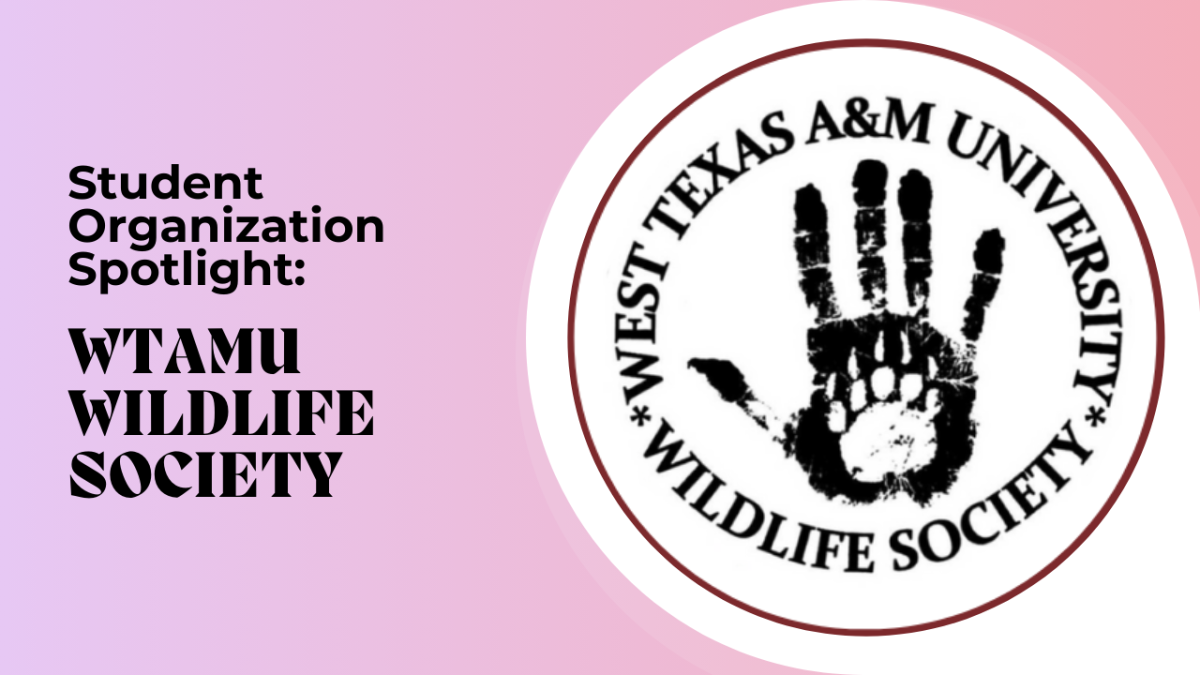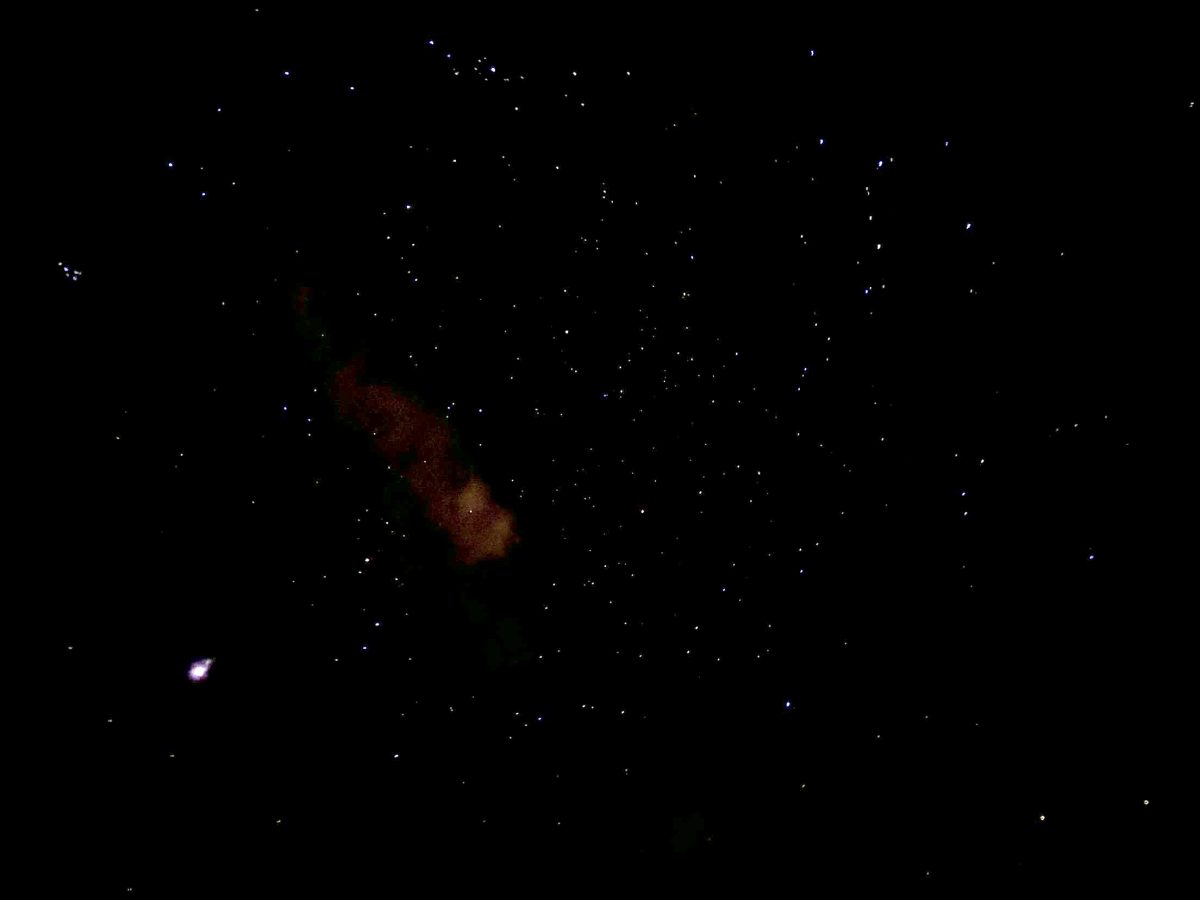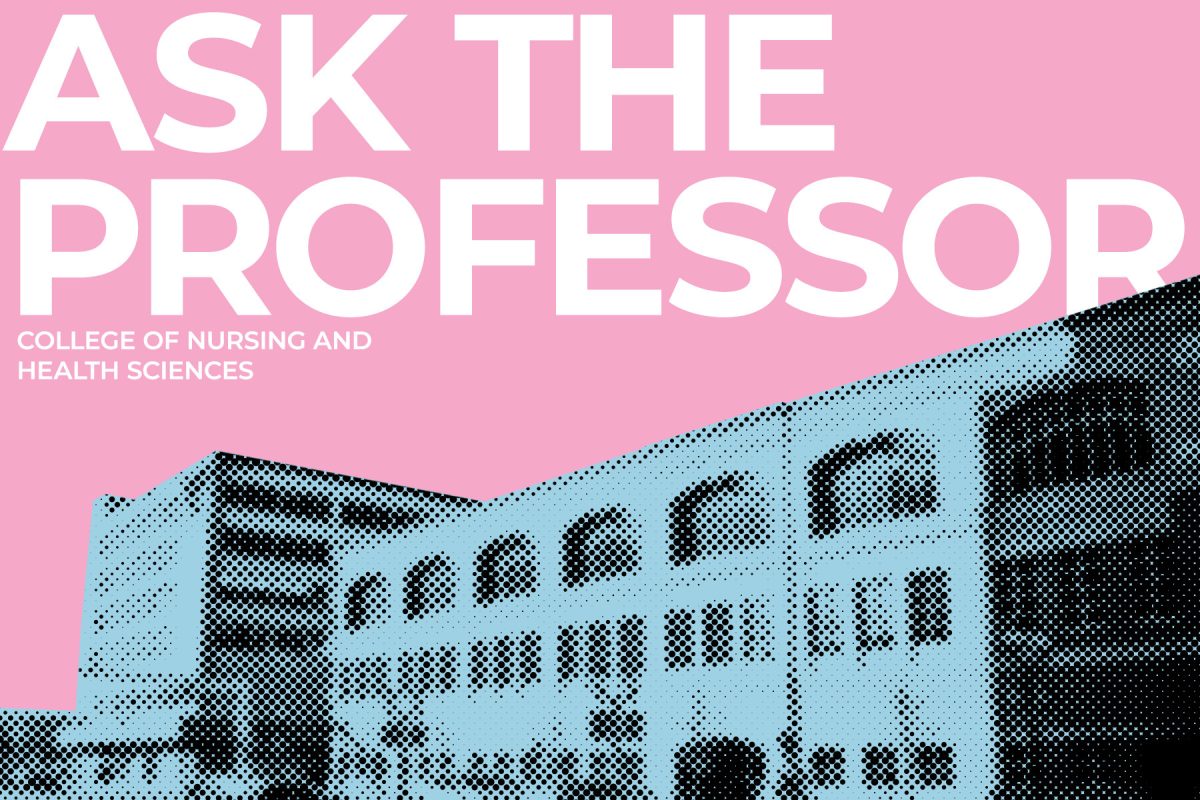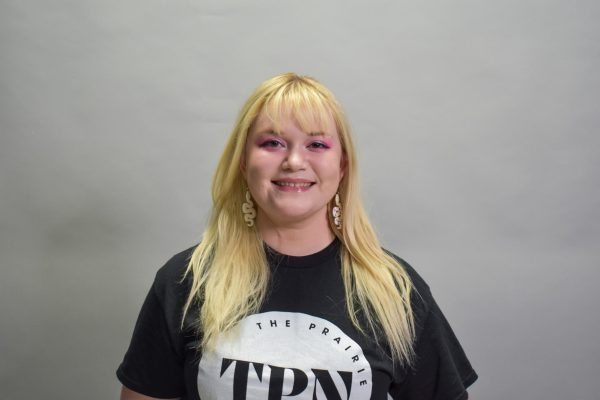Dr. Brock Blaser is a professor of plant science and assistant department head of the Department of Agriculture at the Paul Engler College of Agriculture and Natural Sciences. Dr. Blaser teaches principles of plant science and courses in plant breeding and crop physiology.
Dr. Blaser is interested in international agriculture. This interest sparked in Dr. Blaser during his two-year mission trip to Cape Town, South Africa, when he was 19.
“And my eyes obviously got opened up quite a bit to the struggles that others have throughout the world,” Dr. Blaser said. “And how really spoiled we are as Americans for the most part, and I know not everyone has those same privileges even in the States as we do.”
Dr. Blaser has participated in several study-abroad trips since he joined the department in 2009.
“Last year, we went actually back to South Africa where I had been, with Dr. Osei-Hwere out of communications,” Dr. Blaser said. “And we took a group to Cape Town last year and we did some agricultural, some gardening projects.”
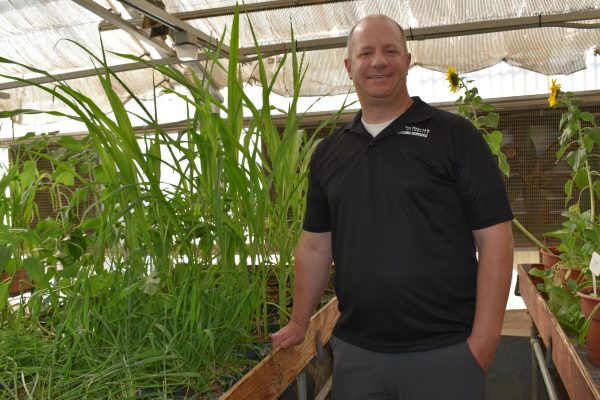
Dr. Blaser talked about misinformation about food shared online and encouraged the public to learn about where their food comes from and how it is grown.
“It’s just those disconnects that we have from as people get distanced from where their food comes from,” Dr. Blaser said. “They don’t understand that and it’s not a criticism of them. It’s just the social media world we live in.”
Dr. Blaser is an adviser to the Farm and Ranch Club and also coaches WT’s Crop Judging Team.
“That’s really where they bring all of their educational experience and their knowledge together into one setting,” Dr. Blaser said. “To be able to talk about, ‘I learned a little bit in this class, a little bit this class, and now I’m actually applying this and these are things I’m gonna go use when I go get a real job. I’m gonna apply these principles. I’m gonna use these concepts,’ and so that’s what makes it fun. I don’t know if they’d call it fun because it’s a lot right, but that’s why they enjoy it.”
Dr. Blaser said that despite WT’s small size when compared to other universities, the WT Crop Judging Team remains competitive.
“We are always right in the mix with those large land-grant schools and that’s a big pat on the back of those students, that our students are competing with that,” Dr. Blaser said. “We always look at that within our department. We feel like we very much fit and compete with all the land-grant institutions across the country, regardless of our size. And so, students come here, they get that kind of education that they would get if they went to the land-grant. And we compete for those high-quality students and we get them because they come and they fit and they’re, they’re successful.”
In the classroom, Dr. Blaser encourages students without an agriculture background to find the connection between themselves and the plants that they are studying.
“We all eat food,” Dr. Blaser said. “And so, you’re gonna have your foods grown and you want to have experience with that, then everyone should benefit from a class like that, right?”
Dr. Blaser said that the agriculture industry is an anchor to life in the Panhandle, and not everyone is a rancher or farmer.
“Explore it and don’t look at it as the old school farmer in the plow or the cowboy,” Dr. Blaser said. “I look at it as: there’s science, there’s education, there’s communication, there’s economics, all those factors play into agriculture. And when [students] look at that [they] go, ‘Oh, well, I can do that. I can make a website to promote that company, or I can write articles to promote this,’ you know, that’s not agriculture directly, but you’re promoting the industry. You’re helping people understand where their food comes from and how we’re safely growing it and producing it. And those things are just as critical. If not more critical to helping our consumers recognize that and have healthy food.”




